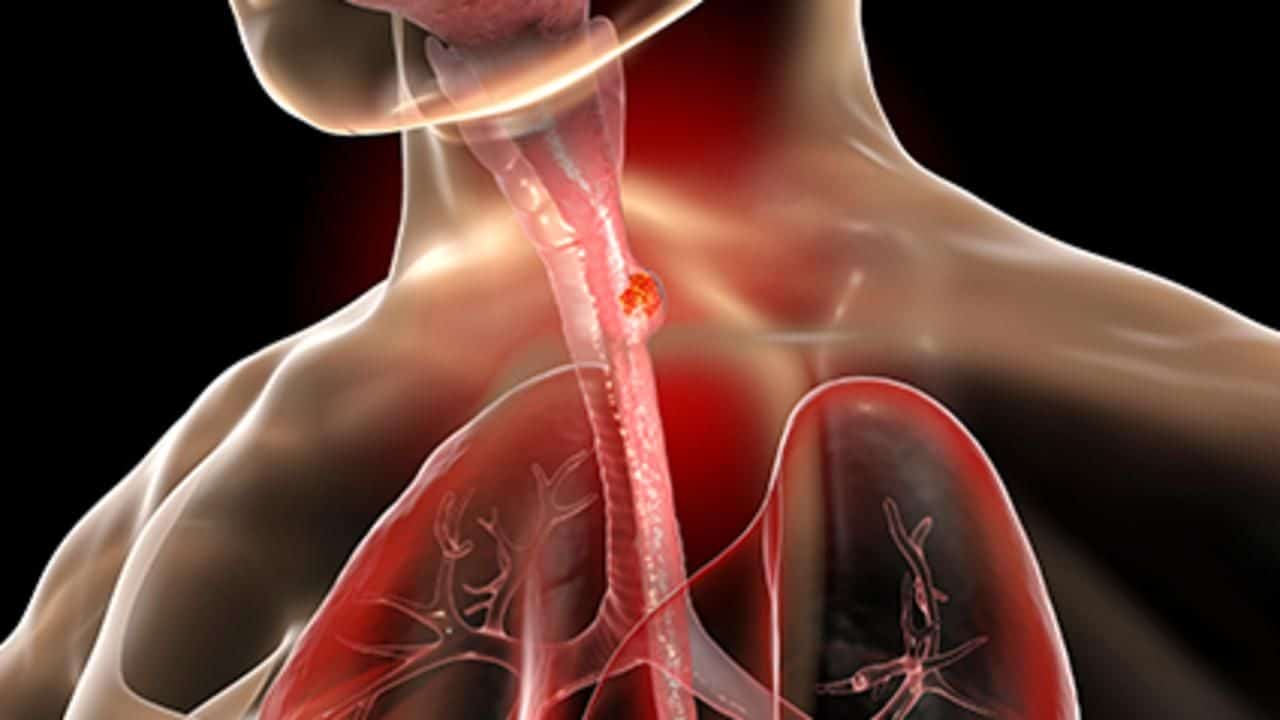MONDAY, Dec. 28, 2020 (HealthDay News) — The incidence of young-onset esophageal adenocarcinoma is increasing, and patients present at more advanced stages compared with older patients, according to a study published online Dec. 11 in Cancer Epidemiology, Biomarkers & Prevention.
Don C. Codipilly, M.D., from the Mayo Clinic in Rochester, Minnesota, and colleagues queried the Surveillance, Epidemiology, and End Results 9 database to identify patients with esophageal adenocarcinoma between 1975 and 2015 to examine time trends in incidence and outcomes. Patients were stratified according to age: younger than 50, 50 to 69, and 70 years and older. Trends in incidence, disease stage, and survival were assessed for 1975 to 1989, 1990 to 1999, and 2000 to 2015.
The researchers found that from 1975 to 2015, esophageal adenocarcinoma incidence increased for patients younger than 50 years of age, with an annual percentage change of 2.9 percent. Compared with esophageal adenocarcinoma among older patients, young-onset esophageal adenocarcinoma presented at more advanced stages (regional + distant; 84.9 versus 67.3 percent); during the study period, the proportion of advanced stages increased. Compared with older patients, younger patients also experienced poorer five-year esophageal adenocarcinoma-free survival (22.9 versus 29.6 percent); on stage-stratified analysis, this finding was attenuated.
“While young-onset esophageal adenocarcinoma remains uncommon, it presents disproportionately with advanced disease (with a worrisome trend of increase over the last four decades) and is associated with poorer five-year esophageal adenocarcinoma-free survival compared with older cohorts,” the authors write.
Two authors disclosed financial ties to the medical device industry.
Abstract/Full Text (subscription or payment may be required)
Copyright © 2020 HealthDay. All rights reserved.


